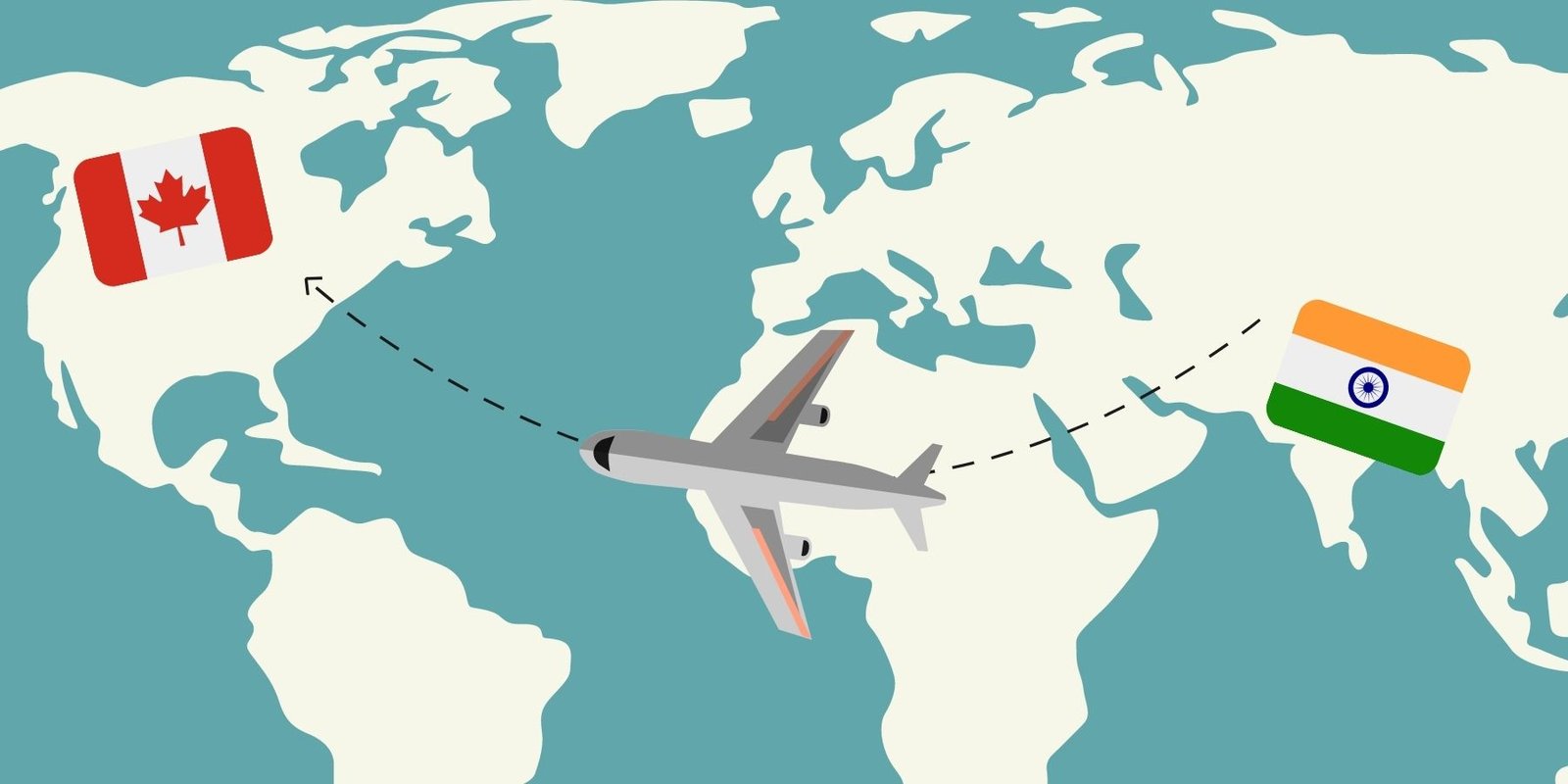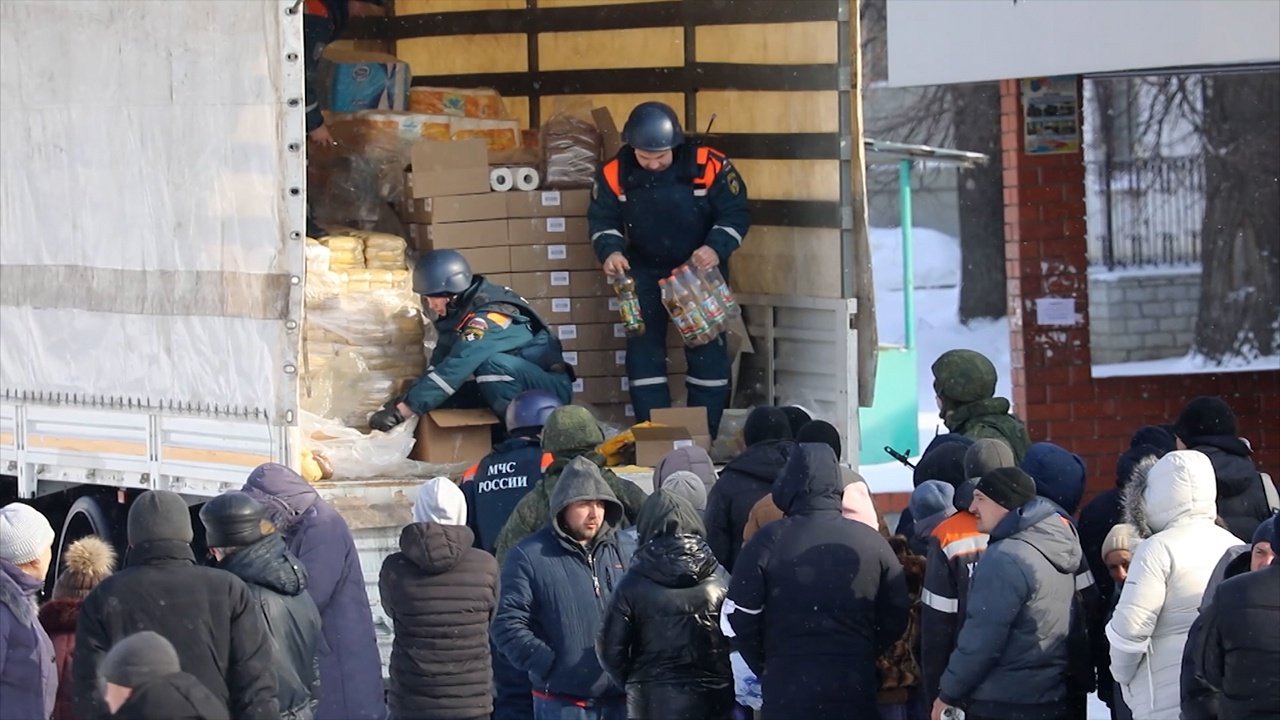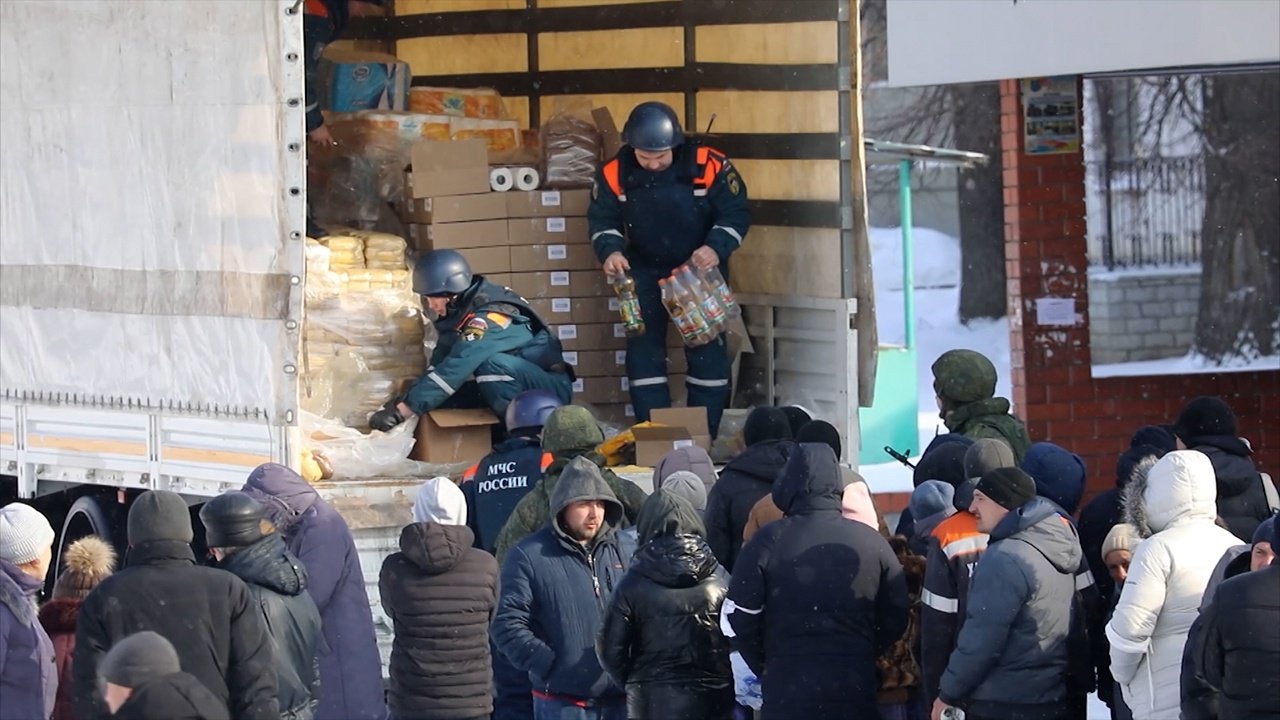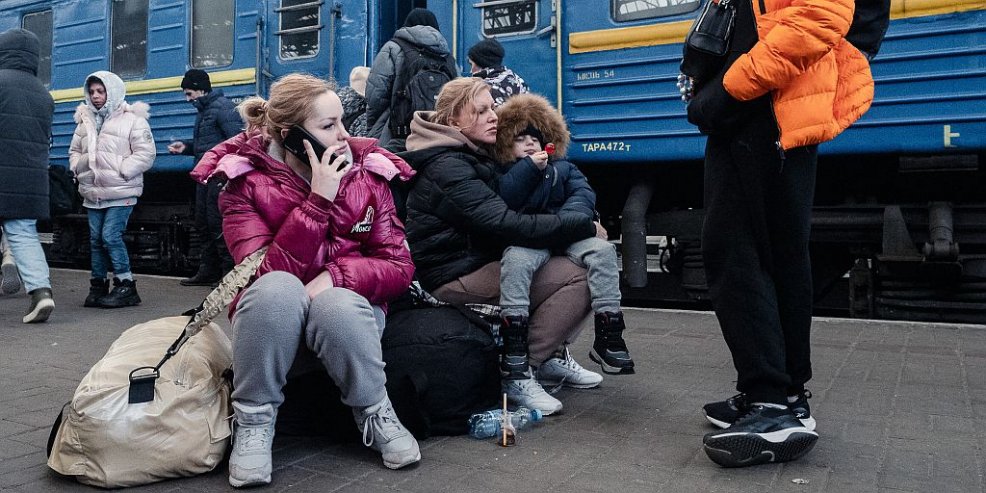In Love for China, how much will Sri Lanka ruin itself further? Democracy, they say, is tyranny of majority. Especially in areas where there is a non-homogenous population, it’s truly so. The struggles of the Hindus of Kashmir and Rakhine, the Baloch and Pashtun in Pakistan – these are but a manifestation of the same. Simply put, there is no political incentive to side the oppressed. Another classic example for such is the Sri Lankan Tamil issue. Tamils of Sri Lanka, both – those who migrated over millennia and those who were moved there by the British are generally concentrated in the North. In fact, the famous Tamil Temples of Koneswaram and the associated Shakti Peetha of Goddess Shankari are but a proof of the Tamil influence. The last king of Sri Lanka, the Kandy Nayak Vikrama Rajasimha is not a Sinhalese or even a Tamil but a Telugu hinting at the close ties across the narrow strait which separates India from Sri Lanka.

The LTTE version of the map is an overambitious one but follows approximately the same contours.

After the second State Council elections in 1936, Sri Lankan politicians demanded English be replaced by Tamil and Sinhalese in all local communication. However, in 1944, JR Jayawardene declared that only Sinhalese should have the right to replace English. Subsequently, when Sri Lanka became independent in 1948, Ceylon Citizenship Act was passed with an aim to block Tamils from having citizenship in Sri Lanka. On one side, there are no documents available to prove for Sri Lankan Tamils and very few Indian Tamilians had their parents born in Sri Lanka. Only 5000 Tamilians out of a total population of 700,000(11% of Sri Lankan population) were made ineligible for this act. However, as a temporary respite, they were tagged as Indians residing in Sri Lanka under a new act – only 100,000 qualified according to the new rules effectively making the rest stateless. Later, the same year – in 1949, Sri Lankan Tamils were stripped of voting rights. A pact was signed in 1954 where India allowed citizenship to Sri Lankan Tamils who wanted to settle in India but not a blanket transfer of citizenship. In 1956, Sri Lanka declared Sinhala as the only official language. According to the next pact signed in 1964, India was to accept 550,000 Sri Lankan Tamils and Sri Lanka was to provide citizenship to 300,000. The balance 150,000 were left stateless who were granted Indian citizenship as a consequence of the 1974 Pact between both the countries. India abrogated the pact in 1982 and all those stuck in Sri Lanka were granted citizenship only in 2003.
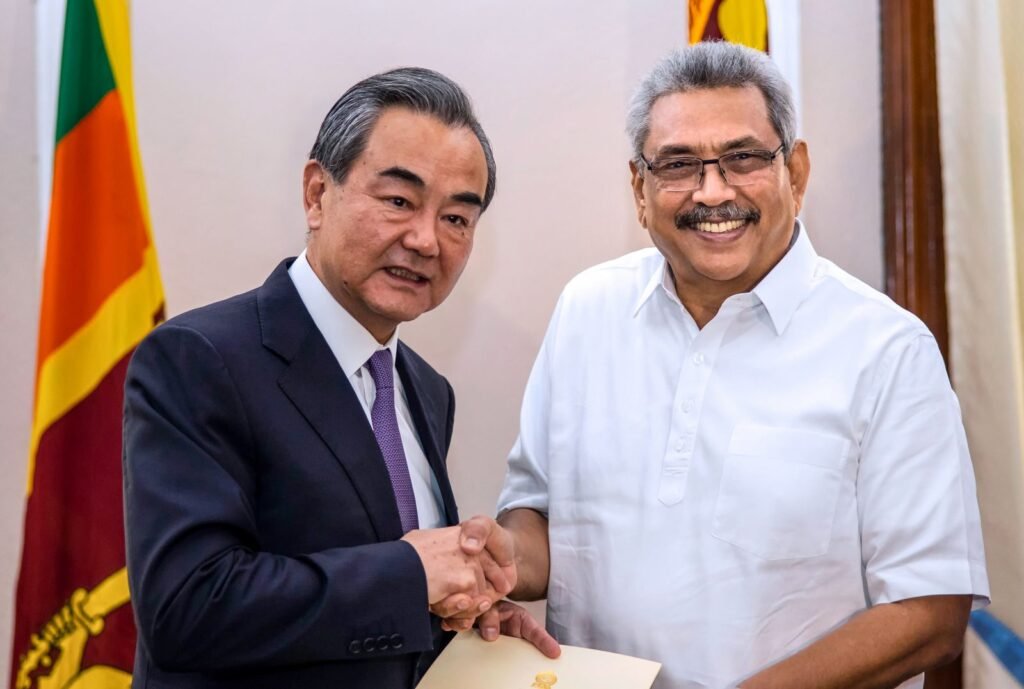
Thus, one would see that the LTTE insurrection and a parallel state from late 1980s to 2009 makes perfect sense. One of the ways to assuage this rift was through the 13th Amendment of the Constitution signed in 1987 but which was never implemented. The Amendment aimed at creation of Provincial Councils and having Tamil and Sinhalese as official languages with English as the link language. Whatever the Indian attitude towards LTTE, India was always in a bend of mind to get this amendment fully implemented. In fact, as late as 2016, Sri Lankan Tamils asked for Indian implementation of this agreement.
Related Article Chinese Debt Trap Diplomacy: Chinese Imperialistic Prescription For The World
But, how did Sri Lanka treat this? From the start, Sri Lanka was not ready to accept even a single Tamil on it’s territory even though the person is a resident for centuries even though India wants it. When the whole world’s anger was directed against Sri Lanka over the conclusion of LTTE War, China made an entry. Sri Lanka needed money to reconstruct the country and China was ready to give. A small country with no resources to pay, Sri Lanka under Mahinda Rajapaksa had no option but to be sucked into a debt trap diplomacy with Sri Lanka pawning national assets to compensate the construction costs of unviable projects like Hambantota Port which hasn’t reached a breakeven even after a decade. Sri Lanka had to lease the port to Chinese for 99 years as a compensation. The next government led by Maitripala Sirisena tried to make some amends but was largely ineffective. When Mahindra Rajapaksa’s brother Gotabaya Rajapaksa became the President, it was a matter of time the pro-Chinese bias would surface.

Parallel to this is the War Crimes Issue over the last days of LTTE War which Sri Lanka refuses to investigate. In 2015, Sri Lanka declared that it will be doing an internal enquiry and in 2020, it acquitted all those charged in the 2015 trials and declared, Sri Lanka it would no longer honor its commitments in resolutions 30/1 and 40/1 to “establish a judicial mechanism with a special counsel to investigate allegations of violations and abuses of human rights and violations of international humanitarian law.”
But, Chinese influence and corruption played a spoilsport yet again. A pact was signed between India, Japan and Sri Lanka over development of a container terminal at Colombo Port in 2019 and Chinese opposition to the same led to worker protests forcing the Sri Lankan Government to declare it won’t be handed over to foreign developers. On the other hand, Sri Lanka cancelled the Provincial Council elections citing COVID and made noises to scrap of 13th Amendment altogether.
Related Article Chinese Debt Trap Diplomacy – The Case of Ghana’s Galamsey
Added to this is, Sri Lanka wanted India to extend the credit swap by $1 billion above the already issued $400 million line to shore the economy post COVID and asked for vaccines for COVID from India. While India accepted the vaccine request, it was not ready for a credit line unless the conditions are met. “Further extension would require Sri Lanka having a successfully negotiated staff level agreement for an IMF programme, which Sri Lanka does not have at present,”
China had no such inhibitions. It is ready to give a $1.5 billion currency swap in spite of the fact that Sri Lanka is in no position to pay the already pending $6.8 billion debt. It has already received a loan of $500 million and is expecting $700 million more.
Related Article Chinese Debt Trap Diplomacy: Noose Around The Neck of Naya Pakistan?
Amidst all this, with China giving an easy way out to irresponsible politicians, it comes as no surprise that Sri Lanka suddenly tilted against India in a matter of days. Sri Lanka came out of the trilateral Container Terminal Pact with India and China and to provoke India even further, Sri Lanka leased three islands located near Jaffna in the extreme north of Sri Lanka to China to install hybrid renewable energy systems. These islands are less than 50-75 km from Indian border and India has already raised concerns over the same.
Things are expected to slide down even further going by the known pro-Chinese tilt of the ruling dispensation and it needs to be seen what India will do to counter the Chinese influence, some options being extracting the contentious Kachatheevu Island back, destroying Sri Lankan shipping by building an alternate to Colombo Port in India(Indian goods account for 70% of Colombo’s traffic), demand for a War Crimes Trial in Sri Lanka, supporting Indian fishermen militarily and even more drastic things. India can play the hard ball with Sri Lanka or it can give it another chance, but going by the fact Sri Lanka refused to change even after facing a devastating civil war and is attempting to make the same mistakes again, it makes one wonder what exactly is the benefit if Sri Lanka is given another chance.
Follow us at:-
Twitter Handle: @newscomworld
Telegram Handle : @NewsComWorldCom
Instagram Handle: @newscomworld
Parler Handle: @NewsComWorld
Gab Handle : @NewsComWorld
Tooter Handle: @NewsComWorld
Subscribe our : YouTube Channel https://www.youtube.com/channel/UCnKJQ3gFsRVWpvdjnntQoAA
Like our Facebook Page https://www.facebook.com/NewsComWorld
1,490 total views





